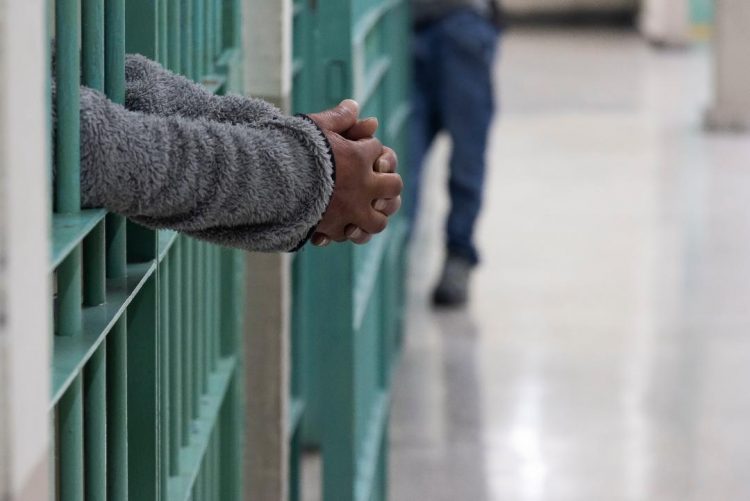The National Public Defenders Offices in the three countries have promoted the establishment of the Dialogue and Intersectoral Action Round Tables that will facilitate collaboration and coordination to care for persons deprived of their liberty who have been the victims of violence by public officials.

Foto: Aliosha Márquez
The Registration, Communication and Comprehensive Care System for Victims of Institutional Violence in Prisons (SIRCAIVI) is a pioneering initiative promoted by the Inter-American Association of Public Defenders (AIDEF) to improve the situation regarding institutional prison violence in the region and which is to be implemented in Argentina, Chile and Costa Rica. The project is accompanied by the European Union through the EUROsociAL+ programme, specifically from the Governance Department’s inclusive justice line. The aim is to pay a historical debt towards persons deprived of liberty in relation to their mistreatment and torture in prisons with a specific public policy, which has been achieved through the efforts made by State institutions.
Thus, one of the central elements for its implementation is the operation of the Dialogue and Intersectoral Action Round Tables (MEDAI) which have recently been established in Argentina, Chile and Costa Rica. The MEDAI reposition the issue of human rights in all State institutions and transfer this commitment to the application of international conventions. They also enable coordinated work to be carried out and can enhance the allocation and administration of budgetary resources for an effective response to victims of institutional prison violence and comprehensive assistance both for them and for their families.
On the part of Argentina, the National General Public Defender, Stella Maris Martínez, reaffirmed “the commitment of the National Public Ministry of Defence to fight against institutional violence, to obtain adequate access to justice for its victims and to support the victims and their families in every way so they can overcome these highly traumatic experiences”.
The Chilean National Public Defender, Marco Montero, highlighted how this system allows inter-institutional work to be undertaken with the other parties involved in this matter and a collaborative effort aimed at effectively protecting persons who are deprived of their liberty.
For his part, the Costa Rican Director of Public Defence, Juan Carlos Pérez Murillo, pointed out that the participation of each of the national and international institutions “will make prison violence visible in our countries and enable joint efforts to provide comprehensive assistance to the people who suffer from this violence, generating public interest policies that comply with the Standard Minimum Rules for the Treatment of Prisoners, the Declaration of Human Rights and all the highest international standards, projecting Costa Rica as a regional example of a country with more humane prison systems”.
Likewise, the representative from the European Commission’s Unit for Regional Operations and Bilateral Cooperation with Mexico, Central America and the Caribbean, Marc Litvine, pointed out that “the population housed in detention centres in the countries of the region far exceeds the real capacity of these centres and does not allow optimal health, sanitary and hygienic conditions, in addition to contravening international standards. Which is why institutional collaboration and coordination is essential. Joining efforts and resources. In this sense, I consider that the role of RED-MEDAI is going to be key”.
“From the European Union we consider this action to be highly strategic and very pertinent in the current health crisis,” said Susana Agüero, Cooperation Officer with the EU Delegation to Chile. “In addition to the absence or scarcity of records regarding cases of institutional prison violence or the failure of the States to comply with international obligations in terms of institutional prison violence, we now also have the effects derived from the pandemic in prisons,” she added.



